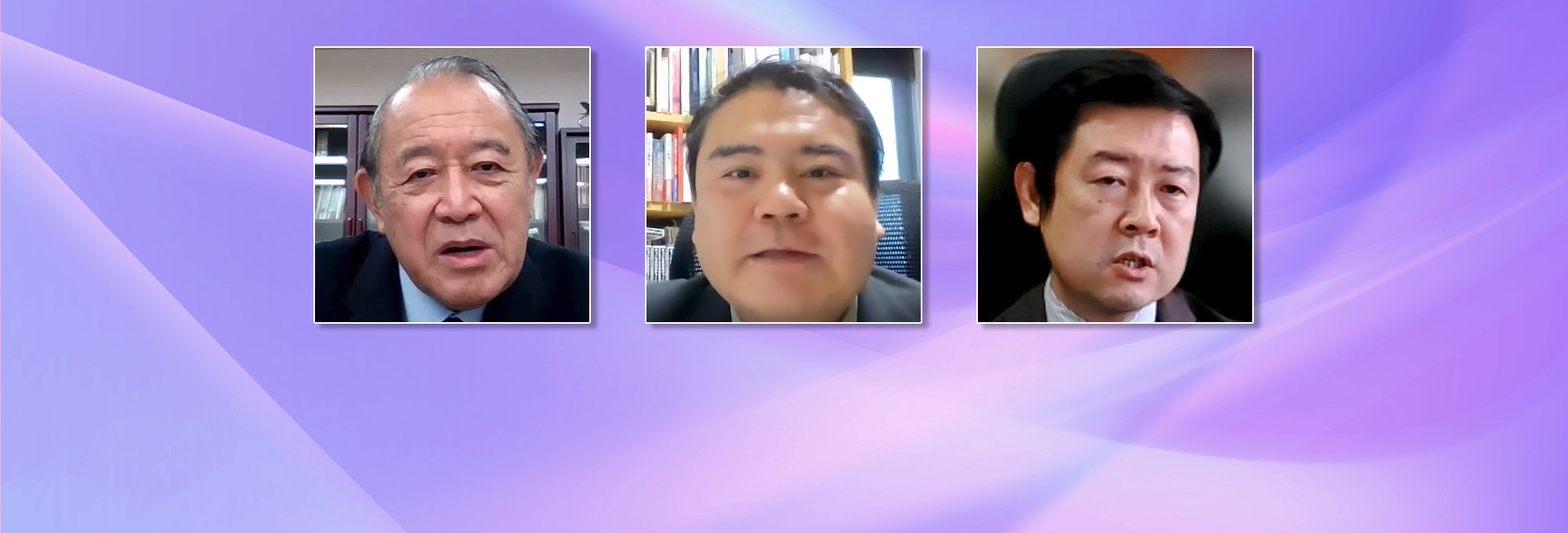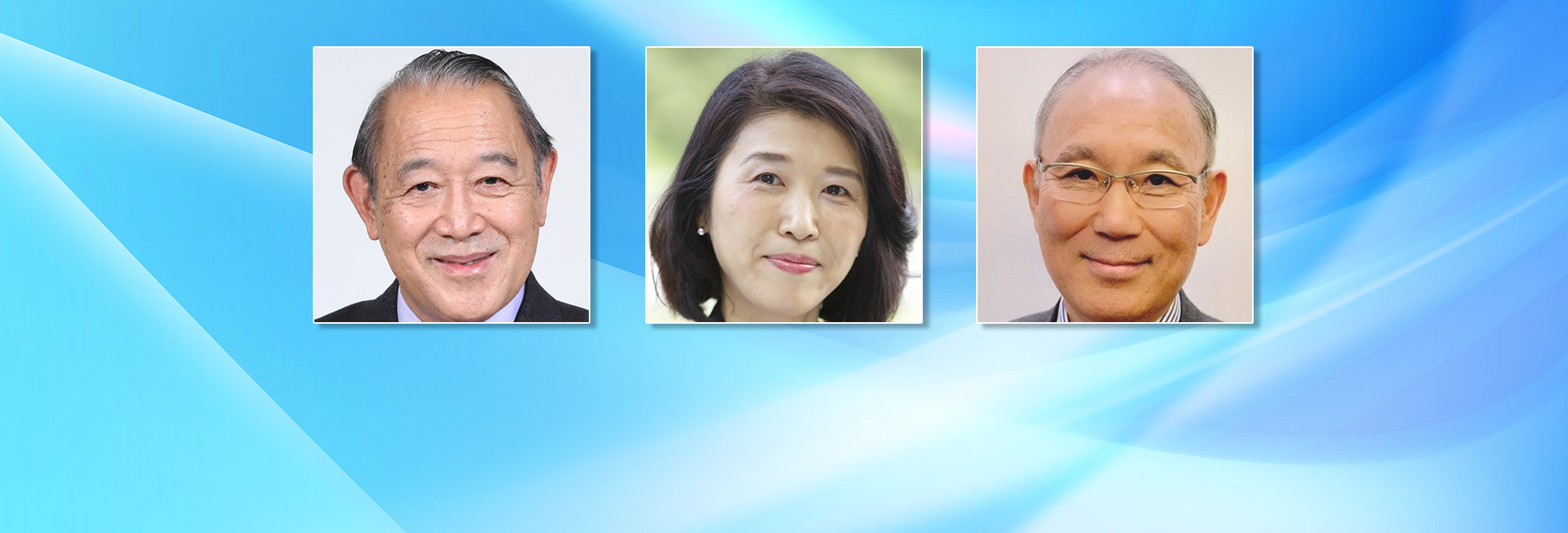2023/02/10
The November 30, 2022 session of the NPI series, "Ask What You Want to Know" on "U.S. Domestic and Foreign Policy After the Midterm Elections"
The NPI "Ask What You Want to Know" series is a forum in which leading researchers discuss issues of current interest and field questions from attendees.
The U.S. midterm elections were held on November 8, 2022, resulting in a Republican majority in the House of Representatives and a Democratic majority in the Senate. How will this new composition of Congress affect the Biden administration's management of domestic affairs and foreign policy?
We welcomed two panelists specializing in U.S. politics and diplomacy--Maeshima Kazuhiro, professor at Sophia University and president of The Japanese Association for American Studies (JAAS), and Mori Satoru, professor at Keio University and Senior Research Fellow at NPI--to discuss the future of the United States after the midterm elections.
Moderator
Fujisaki Ichiro, NPI President
Panelists
Maeshima Kazuhiro, Professor, Sophia University; President, The Japanese Association for American Studies (JAAS)
Mori Satoru, Professor, Keio University; Senior Research Fellow, NPI
Active discussion was held with the participation by attendees from the Ministry of Foreign Affairs, other government agencies, corporations, and the mass media. The main questions from attendees were organized and posed to the panelists on the day of the event as follows.
1. How would you evaluate the 2022 midterm elections overall? President Obama was defeated quite significantly in the previous midterm elections, but why was President Biden's defeat not as significant?
2. The Republicans won the House of Representatives by a small margin, but the effect of winning all the committee chair posts is significant. Committee chairs can call meetings and set the agenda. The reason that the House of Representatives has so far failed to take up the allegations against President Biden may be because the Democrats have secured the chairmanships of both the House and Senate committees. How do you see the possibility of a judicial battle in the future, with the House of Representatives digging up allegations about President Biden and the Democrats pursuing Trump in the Senate through the Judiciary Committee?
3. What are the key issues to watch in advance of the 2024 presidential election?
4. At the recent U.S.-China summit, President Biden stated clearly, "The United States will continue to compete vigorously with the PRC," and "this competition should not veer into conflict." He also said, "And I do not think there's any imminent attempt on the part of China to invade Taiwan." I believe that President Biden expressed his stance that he does not want a decoupling of the U.S. and China. On that note, please tell us about U.S. restrictions on China in the technology sector, based on the recommendations of the U.S.-China Economic and Security Review Commission and other factors.
5. How will the Biden administration deal with North Korea today? Will it increase pressure through China or intend to negotiate directly? And with regard to the Russia-Ukraine war, if President Zelenskyy is serious about retaking Crimea, will the U.S. and other Western countries try to persuade him not to overstep Russia's "red line"?
6. What moves do you expect the Democratic Party to make in the future? It has been said that the budget may not be passed again. Don't you think this non-passage of the budget may have some impact on the U.S. Department of Defense budget?
7. When a missile landed in Poland the other day, it was impressive that President Biden announced early on that the missile was not Russian-made. Please tell us about the possibility that the U.S. is conducting secret diplomacy over the Russia-Ukraine war.






